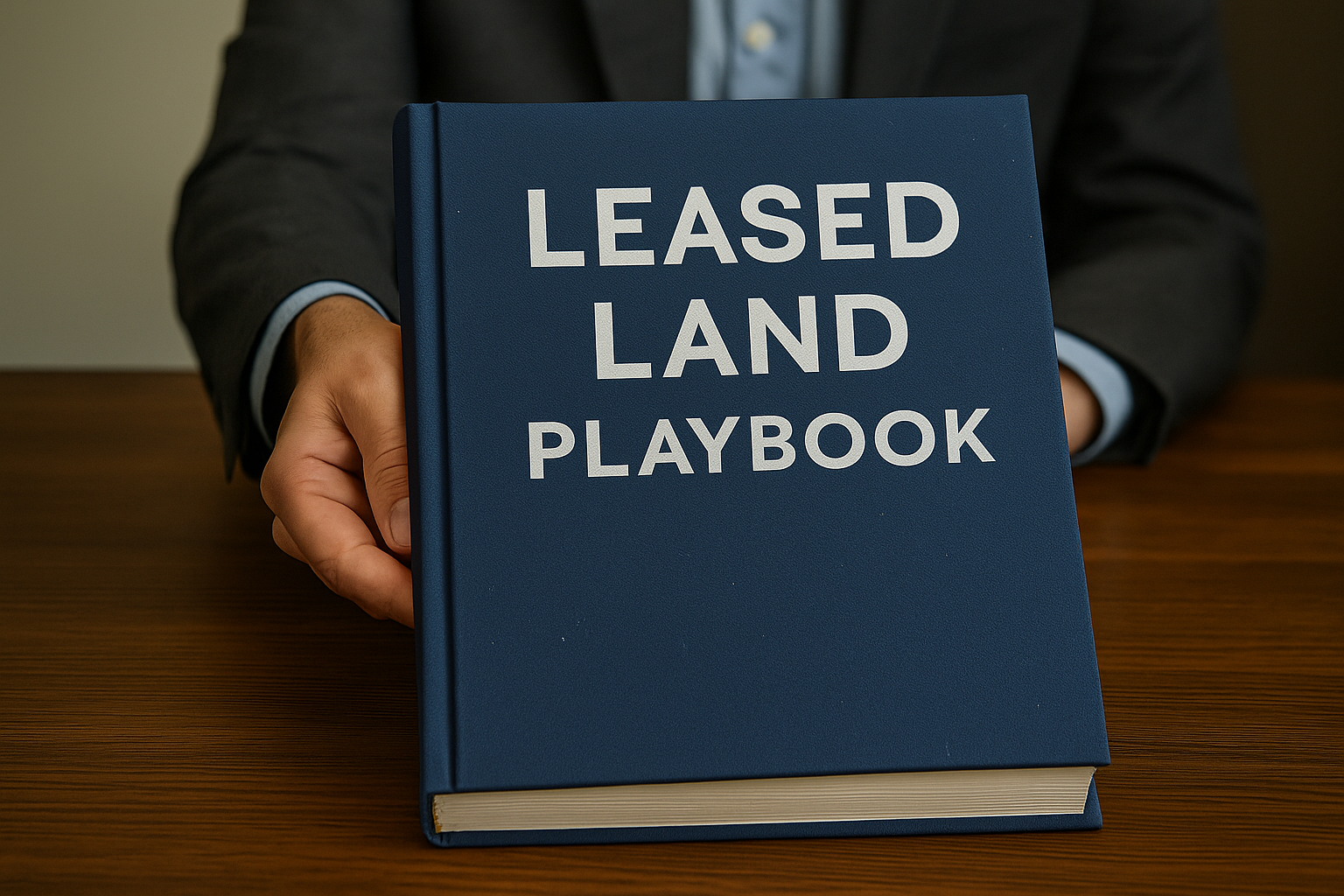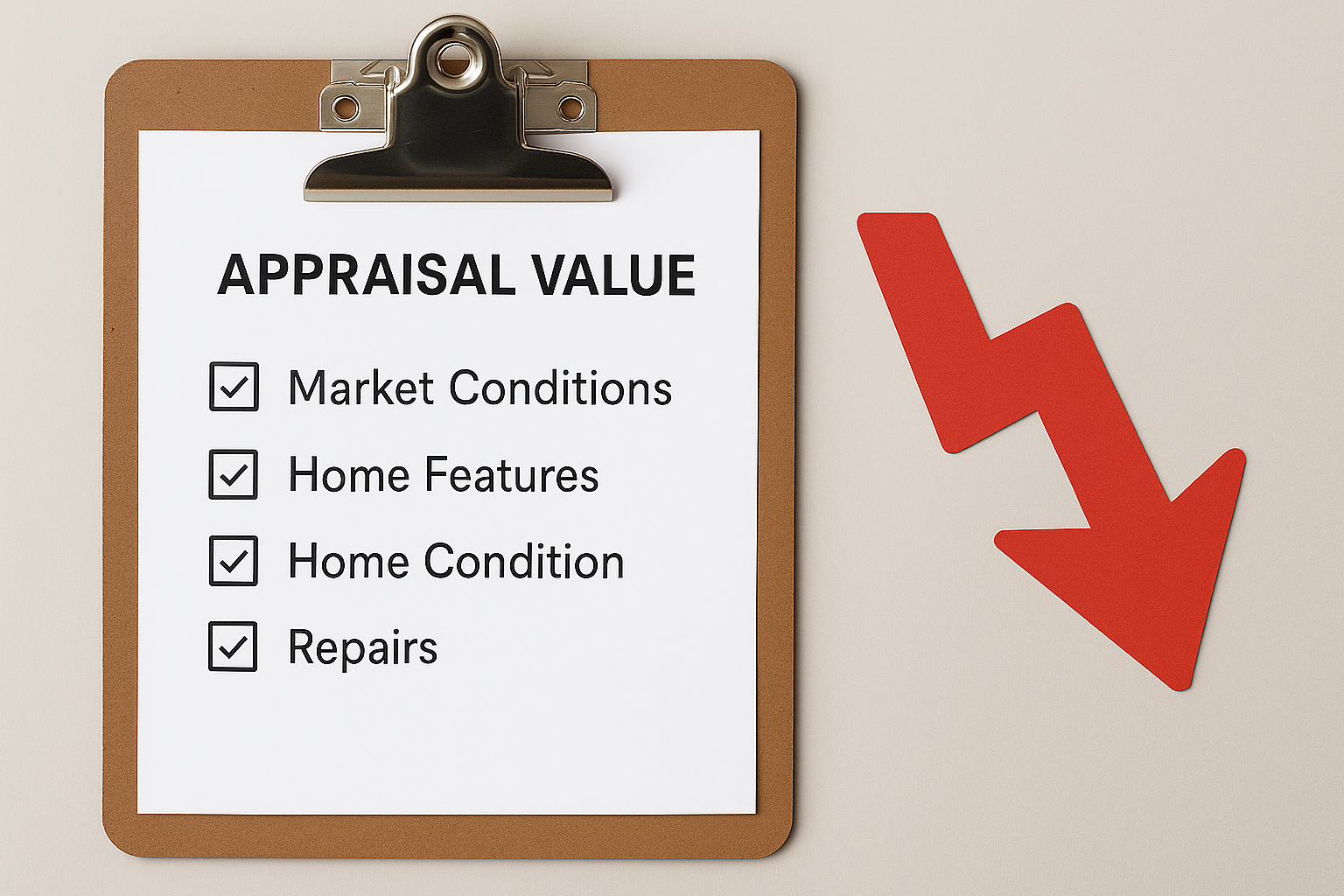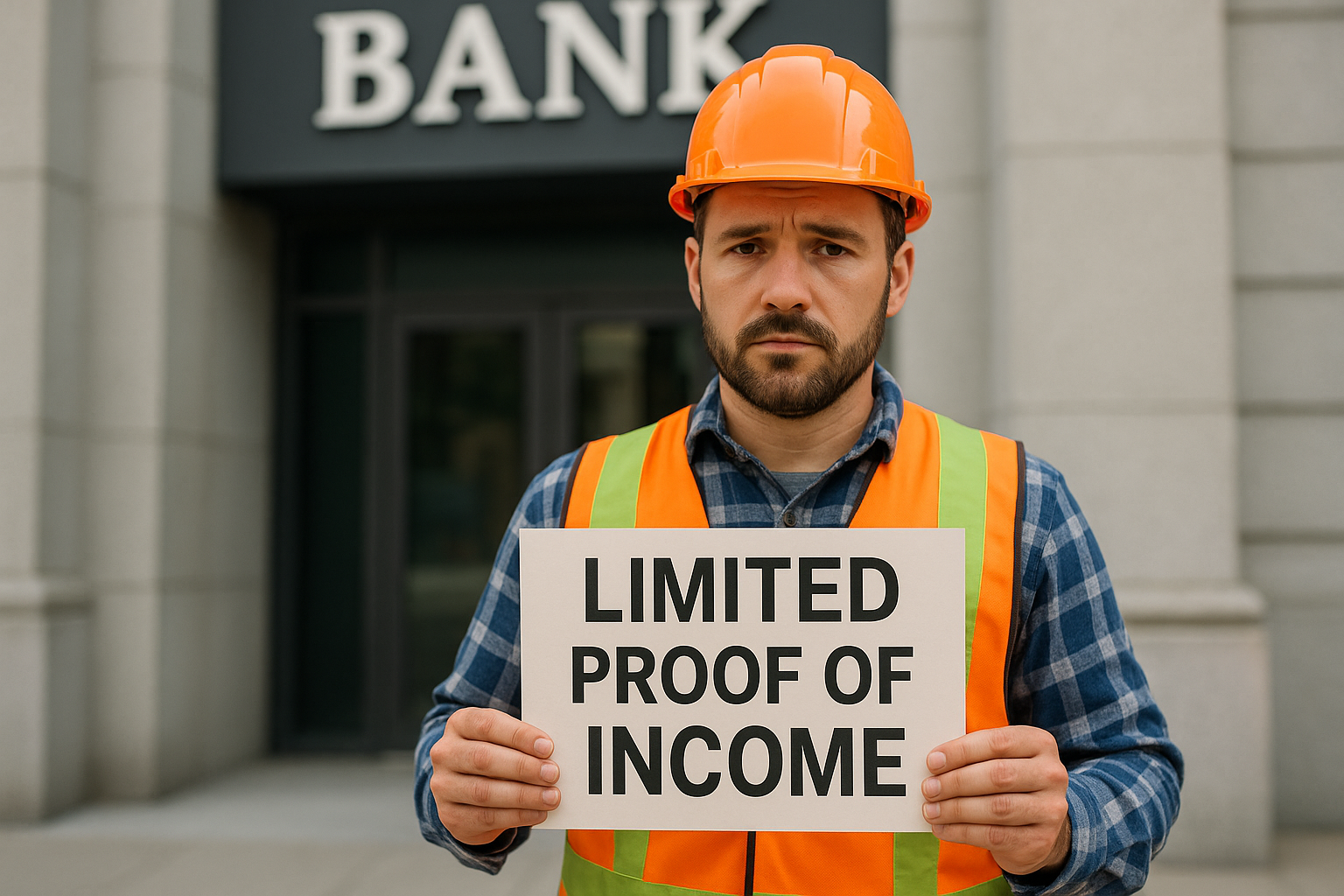Table of Contents
Toggle5 Reasons Consolidating Debts with a Home Equity Loan May Benefit Your Financial Future
Are you juggling multiple monthly debt payments with high interest rates? If so, you’re not alone—and there may be a solution that simplifies your finances while saving you money. For many homeowners, consolidating debt with a home equity loan can be a strategic move toward long-term financial stability.
In this post, we’ll explore five compelling reasons why using a home equity loan for debt consolidation can benefit your financial future. Whether you’re managing credit card debt, personal loans, or other high-interest liabilities, tapping into your home equity could be the lifeline you need to regain control of your finances.
What Is a Home Equity Loan?
Before we dive into the benefits, let’s clarify what a home equity loan is. A home equity loan allows homeowners to borrow against the equity they’ve built up in their home. Equity is the difference between your home’s market value and what you owe on your mortgage.
This loan is typically disbursed as a lump sum with a fixed interest rate and regular monthly payments over a set term—much like your original mortgage.
By using this type of loan to pay off other debts, you essentially consolidate those balances into one manageable payment.
1. Lower Interest Rates Can Save You Thousands
One of the biggest reasons to consider a home equity loan for debt consolidation is the potential for lower interest rates.
Most unsecured debts—like credit cards or personal loans—carry high-interest rates, often ranging from 15% to 25% or even higher. In contrast, home equity loans typically offer much lower rates because your home is used as collateral, reducing the lender’s risk.
Let’s break it down:
-
Average credit card interest rate: 20.5%
-
Typical home equity loan rate: 6% to 9%
If you’re carrying a large balance on your credit cards or other loans, consolidating with a home equity loan could significantly reduce the interest you’re paying over time—potentially saving you thousands of dollars.
2. Simplified Monthly Payments = Less Stress
Another major benefit of consolidating your debts with a home equity loan is simplifying your financial life. Instead of keeping track of multiple due dates, minimum payments, and interest rates, you’ll have just one monthly payment to manage.
This kind of financial streamlining is not only practical but can also reduce stress and anxiety. It makes budgeting easier and decreases your chances of missing a payment, which could hurt your credit score.
In other words, consolidating your debt means more mental clarity and less financial chaos.
3. Improved Credit Score Over Time
Consolidating high-interest debt using a home equity loan may actually help your credit score in the long run.
Here’s how:
-
Lower credit utilization: Paying off large credit card balances reduces your credit utilization ratio—a key factor in your credit score. Lower utilization typically results in a higher score.
-
On-time payments: Home equity loans usually come with a fixed repayment schedule. Consistently making on-time payments will build a positive credit history.
-
Diversified credit mix: Having a variety of credit types (credit cards, installment loans, mortgages) can also benefit your score.
While taking on new debt can cause a temporary dip in your credit score due to the hard inquiry, the long-term impact of debt consolidation is generally positive—especially when it reduces total debt and improves payment habits.
4. Predictable Fixed Payments Bring Stability
Home equity loans usually come with fixed interest rates and set repayment terms. That means your monthly payment won’t fluctuate, making it easier to plan your budget month after month.
This is a major advantage compared to revolving credit like credit cards, where your balance and interest charges can vary wildly.
With a home equity loan, you’ll know:
-
The exact amount you owe
-
The interest rate you’ll pay
-
The date your debt will be fully paid off
This kind of financial predictability provides peace of mind—and helps you avoid the “debt trap” of endless minimum payments that barely chip away at your balance.
5. Opportunity to Invest in Your Financial Future
By consolidating your high-interest debt with a lower-rate home equity loan, you may be able to free up cash flow that can be redirected toward more productive financial goals.
This might include:
-
Building an emergency fund
-
Investing in retirement accounts
-
Contributing to your child’s education savings
-
Making home improvements that increase your property value
-
Launching or supporting a side business
The key here is to use your improved financial position strategically. Once your debts are under control, you can focus on building wealth rather than just servicing high-interest debt.
Bonus: Possible Tax Deductibility
In some cases, the interest paid on a home equity loan used for home improvement purposes may be tax deductible. While this doesn’t apply to debt consolidation directly, some homeowners use a portion of their loan for eligible improvements and reap additional tax benefits.
Always consult a tax professional to understand how this could apply to your specific situation.
Important Considerations Before You Consolidate
While the benefits of consolidating debt with a home equity loan are significant, it’s important to weigh the risks:
-
Your home is collateral. If you default on the loan, you could lose your home.
-
Discipline is key. If you use the loan to pay off credit cards but continue to rack up new balances, you could end up in a worse financial position.
-
Closing costs and fees. Home equity loans may come with fees that should be factored into your decision.
Work with a trusted mortgage broker or financial advisor to determine whether a home equity loan makes sense for your specific goals and financial situation.
Is a Home Equity Loan Right for You?
If you’re a homeowner with significant equity and high-interest debt, a home equity loan could be a smart financial tool—but only if used wisely. The benefits of lower interest rates, streamlined payments, and potential credit score improvements can all contribute to a more stable financial future.
That said, it’s not a one-size-fits-all solution. Carefully consider your financial habits, income stability, and long-term goals before making a decision.
Final Thoughts
Debt can feel overwhelming, but it doesn’t have to define your financial future. By leveraging your home’s equity, you may be able to consolidate debt in a way that not only saves you money, but also sets you on the path to financial freedom.
Are you ready to take control of your finances? Speak with a qualified mortgage professional today to explore your options and see if a home equity loan for debt consolidation is right for you.






